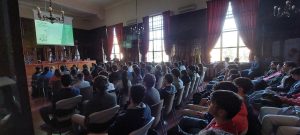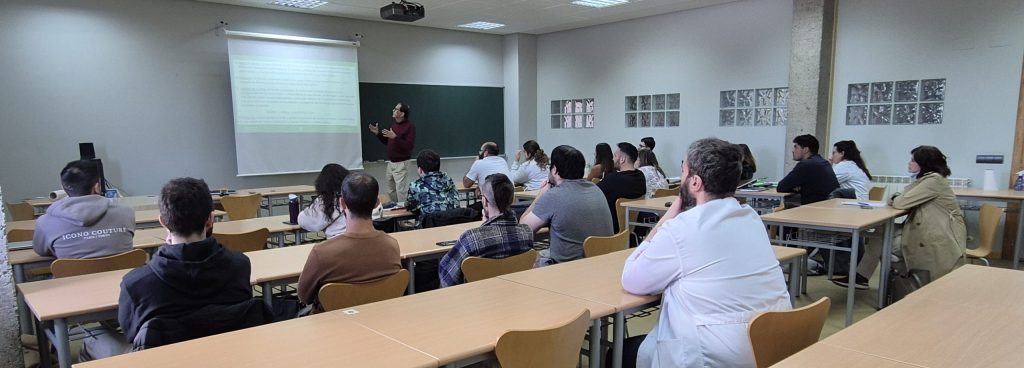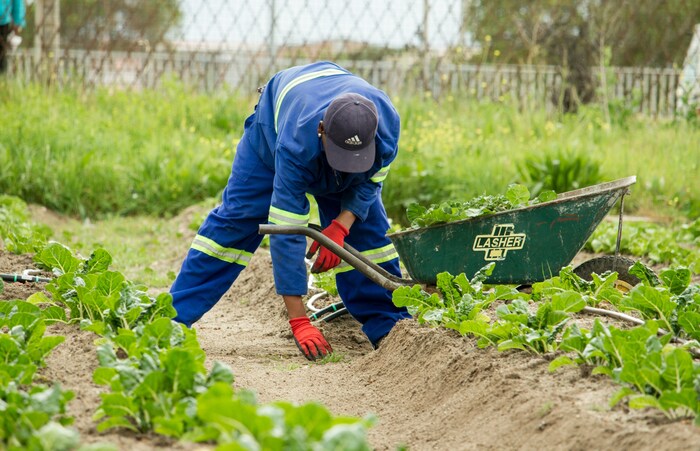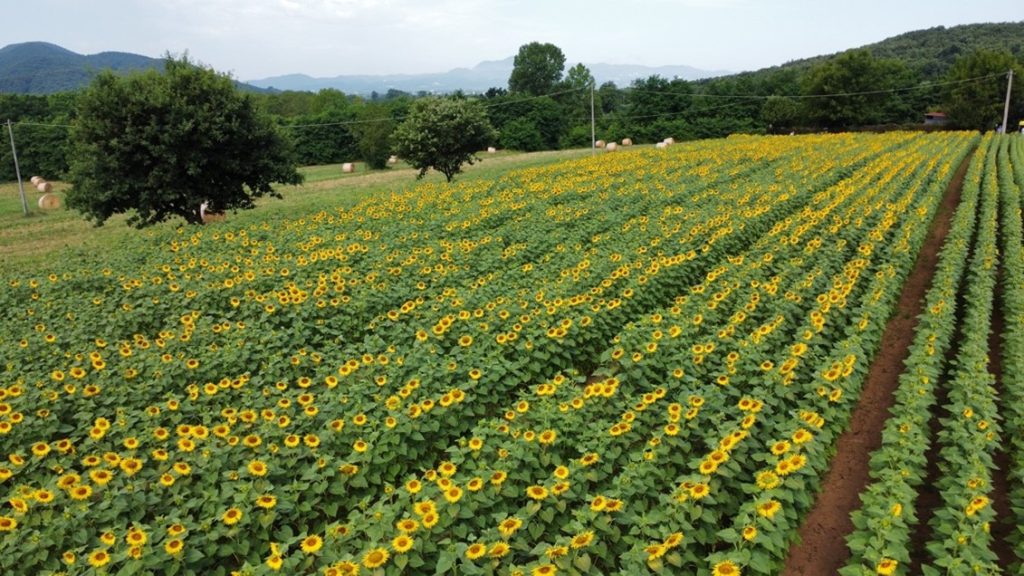PROJECT UPDATE - 29 April 2024
B-Ferst project strives to spread knowledge on the challenges of the fertiliser world in its training programme
B-Ferst project is in its last months which means it is the time to focus on disseminating the achievements and the knowledge gained.
Some of our partners instituted a collaboration with academic institutions in order to hold training sessions that aimed to provide attendees with a more advanced knowledge of the fertiliser world and its challenges.

At University of Madrid, FERTIBERIA held a training with more than 150 students from the course of Agronomic engineering to delve into technical information on the use and composition of fertilisers. The role of the fertilisers within the new European goals of sustainability has also been discussed. The knowledge acquired has been tested with interactive tools to make the students participate actively to the session.
At University of Leon a training was held with around 20 students and researchers from the master degree in Agricultural Engineering. The aim of the training was to provide engineers with a deeper knowledge of the latest chemical and biotechnological tools, underlying the new fertilisers developed within B-Ferst project. Participants were also trained on the agronomic and environmental performance of the new sustainable fertilisers. Find here the presentation.
These are only some of the training sessions organised throughout B-Ferst project. More sessions have been organised to delve into specific topics relevant in the fertiliser world such as the development of business models for bio-fertilisers, the effect of struvite as fertiliser, and wastewater as a resource for fertilisers.
Thanks to these kind of activities, B-Ferst is able to reach important stakeholders ranging from academia, industry representatives to agricultural advisors and favour the uptake of innovative technologies, limiting potential barriers.



